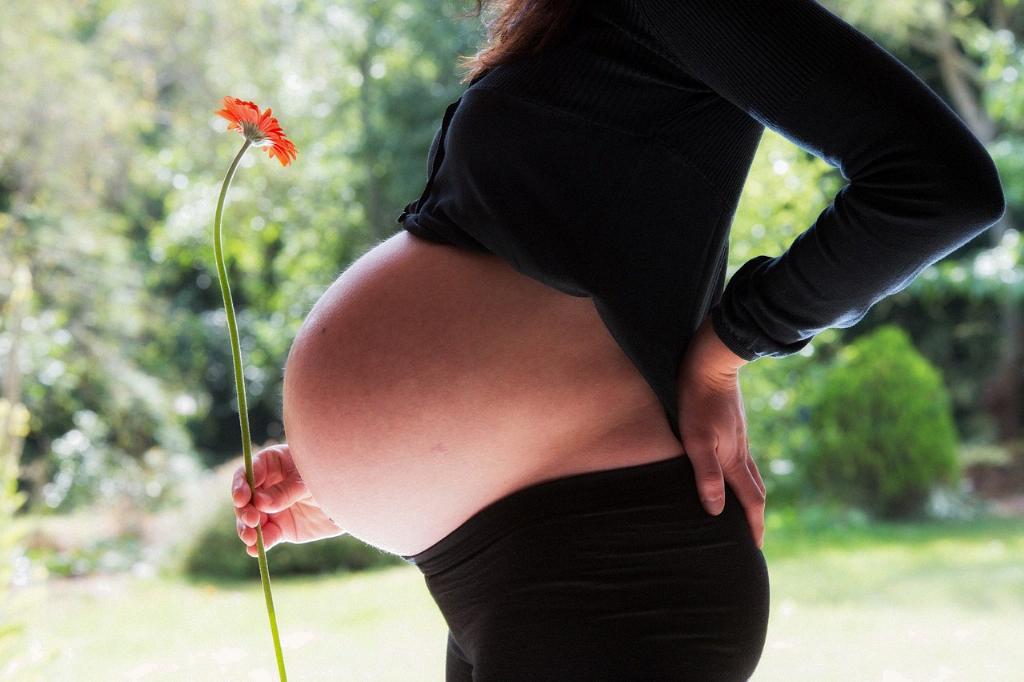Hamsters are fascinating creatures known for their unique behaviors, including mating rituals. In the animal kingdom, reproduction is a crucial aspect of survival, and understanding the mating behavior of hamsters can provide insights into their natural instincts.
The Intriguing Case of Pregnant Hamsters
One question that often arises among hamster enthusiasts is whether these small rodents continue to mate while pregnant. A study involving thirty-six female hamsters revealed interesting findings about their mating behavior during pregnancy.
Mating Frequency During Pregnancy
According to the study, female hamsters accepted the male partner 57 times during 52 pregnancies. This indicates that mating behavior does indeed occur in hamsters even while they are pregnant. The frequency of matings during pregnancy sheds light on the reproductive tendencies of these animals.
Timing of Mating
It is noteworthy that the pregnancy date at the time of mating aligns with the expected recurrence of estrus if pregnancy had not intervened. This suggests that hamsters follow a natural reproductive cycle and are inclined to mate during their fertile periods, even when pregnant.
Postpartum Mating Behavior
The study observed that no matings were reported during the postpartum or lactation periods in female hamsters. This indicates that there may be a shift in mating behavior based on the different stages of reproduction, with postpartum periods being less conducive to mating activities.
Natural Reproductive Instincts
Hamsters, like many other animal species, exhibit strong reproductive instincts driven by the need to ensure the survival of their offspring. The observation of mating behavior during pregnancy underscores the importance of reproduction in the animal kingdom.
Implications for Hamster Owners
For individuals who own hamsters or are considering breeding these pets, understanding their mating behavior is crucial. The findings of the study offer valuable insights into the reproductive habits of hamsters and can help inform breeding practices.
Behavioral Patterns in Hamsters
By studying the mating behavior of hamsters, researchers can uncover intricate behavioral patterns that dictate their reproductive cycles. The frequency and timing of matings during pregnancy provide a glimpse into the natural tendencies of these animals.
Reproductive Cycles in Female Hamsters
Female hamsters go through distinct reproductive cycles, each marked by specific behaviors and physiological changes. The acceptance of male partners during pregnancy illustrates the nuanced nature of hamster reproduction.
Role of Hormones in Mating Behavior
Hormonal fluctuations play a significant role in regulating mating behavior in hamsters and other animals. The interactions between hormones and reproductive cues influence the timing and frequency of matings, shaping the overall reproductive process.
Evolutionary Perspectives on Mating
From an evolutionary standpoint, mating behavior in hamsters can be viewed as a mechanism for ensuring genetic diversity and the survival of the species. The instinctual drive to mate even during pregnancy reflects the adaptive nature of these animals.
Conclusion
In conclusion, the study’s findings provide valuable insights into the mating behavior of hamsters, particularly regarding their activity during pregnancy. By delving into the intricacies of reproductive behavior in these small rodents, researchers and pet owners alike can gain a deeper appreciation for the natural instincts that govern hamster reproduction.

